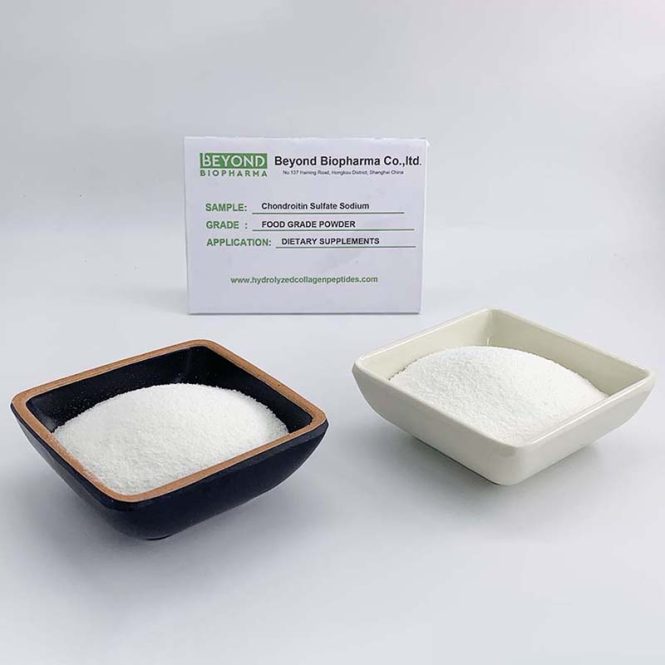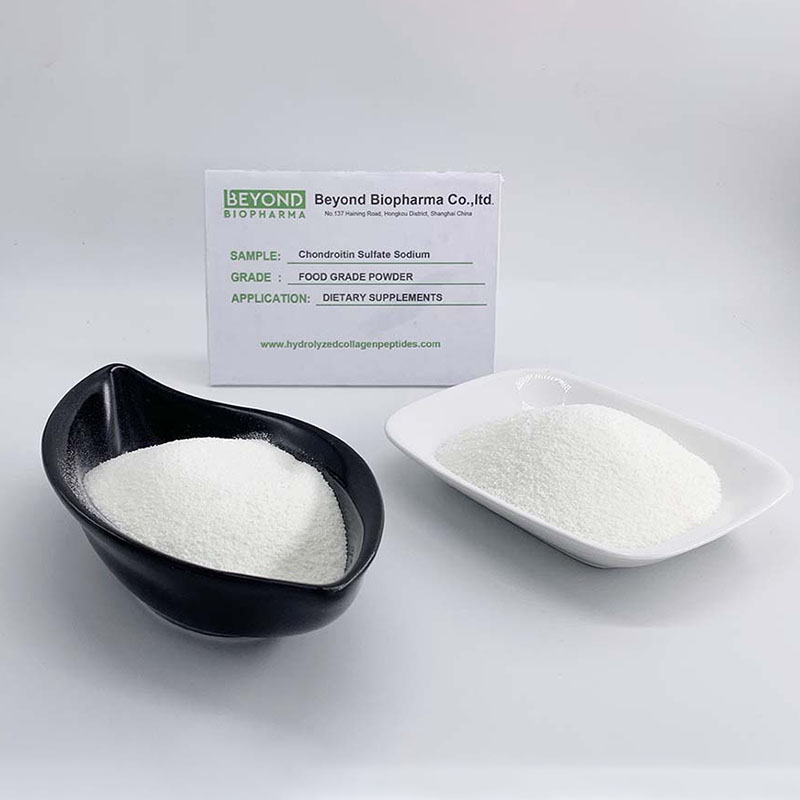

Supplementing for joint health is a multifaceted approach that extends far beyond the traditional glucosamine and chondroitin. Modern research suggests a wider range of nutrients and compounds can play a significant role in maintaining healthy joints, alleviating pain, and promoting overall mobility. This comprehensive guide will delve into this complex area, offering insights into alternative remedies, targeted supplementation, and lifestyle modifications for effective joint pain management.
Understanding the Limitations of Traditional Supplements
While glucosamine and chondroitin are widely recognized for their role in joint health, their effectiveness can vary significantly. Individual responses to these supplements depend on various factors, including the severity of joint conditions, underlying health concerns, and even individual metabolism. This article will explore how supplementation can be optimized beyond these two well-known options. Exploring other avenues and innovative approaches can lead to a more customized approach to joint support.
Exploring Alternative and Targeted Supplements
Omega-3 Fatty Acids:
Omega-3 fatty acids, abundant in fish oil supplements, possess powerful anti-inflammatory properties. Chronic inflammation plays a significant role in joint conditions like osteoarthritis, and these essential fatty acids can help mitigate this response. Studies have shown that individuals supplementing with omega-3s experience a reduction in joint pain and inflammation.
Turmeric and Curcumin:
Turmeric, a spice with a rich history in Ayurvedic medicine, is known for its potent anti-inflammatory effects, primarily due to its active compound, curcumin. Curcumin has shown promise in reducing joint pain and improving joint function in various studies, acting as a natural anti-inflammatory.
Lifestyle Factors for Optimal Joint Health
Maintaining a Healthy Weight:
Maintaining a healthy weight is crucial for joint health. Excess weight puts additional stress on joints, especially weight-bearing joints like knees and hips. Obesity significantly contributes to the progression of osteoarthritis. A balanced diet and regular exercise can help you manage your weight and contribute to better joint health.
Regular Exercise and Physical Activity:
Regular exercise, including low-impact activities like swimming, cycling, and walking, strengthens muscles that support joints. A stronger musculature provides better stability, decreasing pressure on joints. It’s essential to listen to your body and avoid activities that exacerbate pain.
Nutritional Considerations for Joint Health
Antioxidant-Rich Foods:
Antioxidants, found in fruits, vegetables, and whole grains, can help combat oxidative stress, a major contributor to joint damage. A diet rich in antioxidants can contribute to the maintenance of healthy joints. Dark, leafy greens, berries, and colorful vegetables are excellent sources of antioxidants.
Probiotics and Gut Health:
Recent research suggests a strong link between gut health and joint health. An imbalance in gut bacteria, or dysbiosis, has been linked to inflammation and joint pain. Supplementation with probiotics can support a healthy gut microbiome and potentially improve joint health.
Conclusion
Supplementing for joint health offers a diverse range of options beyond conventional treatments. From essential fatty acids and turmeric to lifestyle adjustments, a holistic approach can significantly improve your joint health. By focusing on a balanced and proactive approach to joint well-being, you can experience improved function and reduce the potential for pain and discomfort. Consult with a medical professional before making significant changes to your supplement regimen. Consider consulting a nutritionist for diet advice that supports joint health.
Additional Strategies to Consider
Physical Therapy:
Incorporating physical therapy into your treatment plan can help improve joint mobility and function. Physical therapists can design tailored exercises and treatments to address specific joint issues and provide guidance on injury prevention. A physical therapist can provide individual guidance to enhance your movement and strength.
Chiropractic Care:
Chiropractic care can provide targeted adjustments to improve spinal alignment, which can, in turn, alleviate pressure on joints and nerves throughout the body. Chiropractic care might provide relief for specific types of pain or discomfort related to the skeletal system.
Further Research and Considerations
The Importance of Professional Guidance:
It’s essential to remember that this information should not be considered medical advice. Always consult with a healthcare professional before making any changes to your dietary supplements or treatment plan. Individual responses to supplements can vary significantly, and a healthcare professional can provide personalized recommendations based on your specific needs and health conditions.
Ongoing Research in Joint Health:
Research into joint health is continuously evolving. New discoveries about the complex interactions of nutrients, supplements, and lifestyle factors are being made regularly. Staying updated on the latest research can help you make informed choices about optimizing your joint health.
The Role of Diet and Hydration
Maintaining a balanced diet rich in essential nutrients is crucial for optimal joint function. Consuming foods rich in antioxidants, vitamins, and minerals can bolster the overall health of your body, including your joints. Adequate hydration also plays a vital role in lubricating joints and maintaining overall body function. Drinking plenty of water is often overlooked, but can contribute greatly to your well-being.
Frequently Asked Questions
Q: What are some other supplements to consider besides Glucosamine and Chondroitin?
A: Other supplements to consider include omega-3 fatty acids, turmeric, and certain types of antioxidants. Each supplement plays a distinct role in supporting joint health, often targeting inflammation and oxidative stress. Always consult a healthcare provider before starting any new supplement regimen to address potential interactions and ensure appropriateness for your specific condition.
Q: Can Lifestyle changes contribute to better joint health?
A: Yes, lifestyle changes are crucial for supporting joint health. Maintaining a healthy weight through a balanced diet and regular exercise can minimize stress on joints. Activities that strengthen supporting muscles also contribute to joint stability and reduce the risk of injuries. Getting enough rest and managing stress levels is also important. A balanced and proactive approach to lifestyle contributes significantly to maintaining optimal joint health.
In conclusion, supplementing for joint health goes beyond glucosamine and chondroitin, encompassing a diverse array of options. A personalized approach, considering individual needs and lifestyle factors, is crucial. Understanding the underlying causes of joint issues is equally vital. By incorporating targeted supplements, combined with lifestyle modifications, you can potentially enhance joint function and improve overall well-being. Consult with a healthcare professional for personalized recommendations to ensure the safety and effectiveness of your supplement regimen. Consider trying a natural approach like incorporating turmeric in your diet.